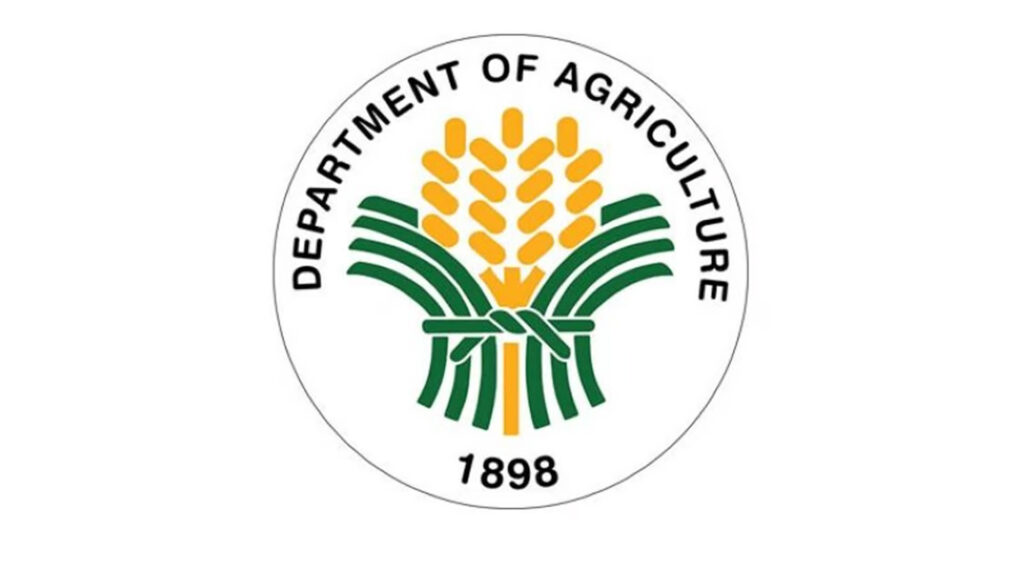MEYCAUAYAN CITY, Bulacan — This city is enhancing its status as a highly-urbanized green city with the signing of a memorandum of agreement with the Department of Agriculture to boost local urban farming.
“The MoA urges the residents of Meycauayan to have their own vegetable farms in their homes, schools and barangays that they have always done thru the city government’s Gulayang Sulit, Gawing Habit for Life program,” Mayor Henry Villarica said after the signing of the deal by officials of the DA Regional Field Office 3 and the city government at the Kariktan ng Meycauayan, Barangay Pajo here.
“With the partnership between the city government and the Department of Agriculture, urban farming in Meycauayan will only get stronger as the city aims to increase the production of fresh and local agricultural products,” the mayor said.
Villarica added that the MoA will help ensure the supply, low prices and fresh vegetables to Meycauayan.
For years, Meycauayan has been a major hub of jewelry production in the Philippines. Aside from creating low-priced jewelries, locals also produce leather shoes and bag. A number of leather tanneries still operate in Meycauayan, making it a hub for leather goods.
With the signing of the MoA, the city bids to become and urban agriculture hub.
Under the MoA, the DA will supply the city with seedlings for urban farming. The DA provided mango, cacao and lanzones seedlings during the ceremony.
The DA is adamant in its urban agriculture campaign as the country experiences the El Niño phenomenon, which threatens food supply in the country due to continuous drought in various agricultural provinces. DA agriculturists have conducted urban gardening demonstrations before farmers and local government representatives from various provinces and cities in a bid to address food insecurity and malnutrition. These agriculturists are encouraging urban dwellers to plant fruits and vegetables in their yards or any other plot of land available in the city and suburban areas.
The renewed interest in home gardening is a great platform for the DA and local governments to get more people residing in developed communities to start growing food at home.
By promoting urban and peri-urban agriculture, the agency enhances local food production and help improved nutrition, community engagement and sustainable urban development. The United Nations Educational, Scientific and Cultural Organization defines peri-urban areas as “zones of transition from rural to urban land uses located between the outer limits of urban and regional centers and the rural environment.”
The DA urban farming initiative extends beyond meeting daily nutritional needs as it also seeks to foster entrepreneurship, add value for alternative livelihoods, and advocate for a healthy lifestyle by ensuring the availability of nutritious food.
Undersecretary for DA Bureaus Mercedita Sombilla, Bureau of Plant Industry Director Gerald Glenn Panganiban, Philippine Bamboo Development Industry Council Executive Director Rene Madarang, DA RFO 3 OIC-Regional Executive Director Eduardo Lapuz Jr., and 4th District of Bulacan Representative Linabelle Ruth Villarica were present during the signing ceremony.
